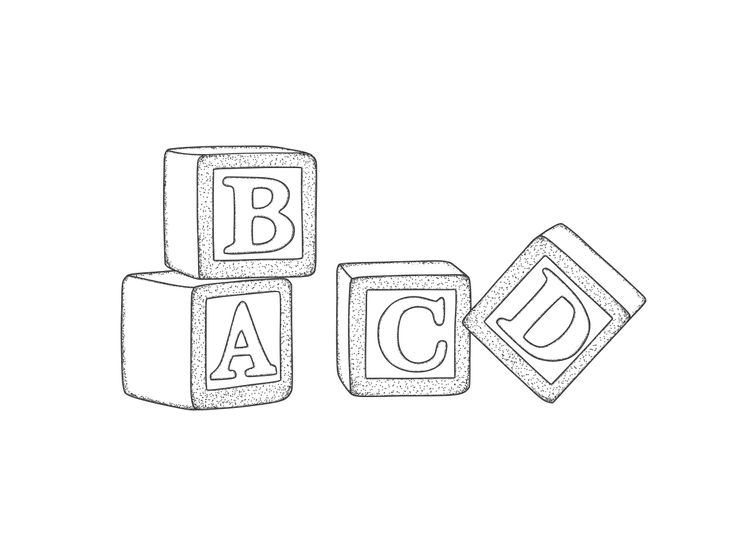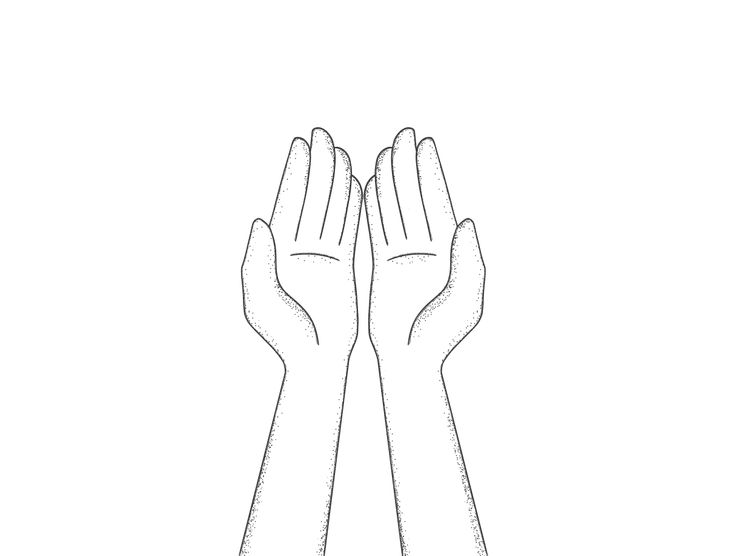Craft

Craft is what we know about our work. We find it in our choice of tools and how we set our guide or jig before we make the cut. We find it in the methods that we learn from others, and in the knowledge that we contribute back. We find it in sound judgment, in the elegance of our adjustments for constraints of cost, time, materials and design.
Craft is an expression of our talents, our aptitudes, our unique nature. We each have gifts—for working with sounds, shapes, numbers, words, ideas, or people. Our talents create a need in us. They ask us to be used.
Craft gives us pleasure. It brings us joy, in the energies of creation and in the gentle tedium of repeated tasks. It draws us out of ourselves and into the world. When we commit ourselves to mastering our craft, there is always more to learn.
Craft joins us to the larger human story. In our own work, we honor the workmanship which has gone before us. In the rituals of our work we declare what is important to us, and create meaning from the world.
The degradation of the operative into a machine...It is not that men are ill fed, but that they have no pleasure in the work by which they make their bread and therefore look to wealth as the only means of pleasure.
In our manufacturing cities we manufacture everything except men.
The Stones of Venice, John Ruskin, 1851.
What is craft? The Arts and Crafts movement, which began in Britain in the late nineteenth century as a reaction to industrialization, defined it as work that brings pleasure, meaning and dignity to the worker. What sort of work is that? Here, the movement's leaders were less clear. Some claimed that the work must be done without machines, others that the work should be rough instead of highly finished, and others still that the craftsman must be both designer and maker for dignity to be achieved.
Western impulses in the Arts and Crafts movement find echoes in Japan, where the practices of shokunin (literally "working people") emphasize the preservation of traditional methods and techniques. But there is also a spiritual aspect to Japanese traditions—work as a meditation, as an honoring of nature and the seasons in the selection of materials and methods, as an honoring of ancestors in the practice of craft.
I also believe that work should bring pleasure, meaning and dignity to the worker. I have noticed that when organizations achieve this, their employees respond by bringing more energy and enthusiasm to their work. They become more productive.
What sort of work is that? I think that Daniel Pink's list is hard to beat: it is work that provides us with autonomy, mastery and purpose. We need sufficient autonomy to make decisions based on our skills and domains of expertise. We need to pursue mastery of knowledge and skills. And we need work that brings purpose and meaning to our lives.
I see no particular merit in the fact that I was an artist at the age of eleven. I was born with an ability, with music in me, that is all. No special credit was due me. The only credit we can claim is for the use we make of the talent we are given. That is why I urge young musicians: "Don't be vain because you happen to have talent. You are not responsible for that; it was not of your doing. What you do with your talent is what matters. You must cherish this gift. Do not demean or waste what you have been given. Work—work constantly and nourish it."
Of course the gift to be cherished most of all is that of life itself. One's work should be a salute to life.
Joys and Sorrows, Pablo Casals, 1970
I have been using ChatGPT, Midjourney and Bing AI for a few weeks now. I have found the most use in ChatGPT, and call on it routinely as part of the work I do. The work it does for me (at $20 per month for a premium subscription) is about what I would expect from a good graduate intern—a self-starting critical thinker who knows how to find their way around the internet. With ChatGPT, however, it takes me five minutes to do work an un-augmented human might have taken a few hours to pull together.
I am very grateful for the technology. Alongside my coaching, I work as an independent consultant and do not have access to armies of junior colleagues to do grunt work for me. At the same time, I cannot help but feel alarmed at this turn of events. I don't think my concern is with the technology itself. It is truly amazing. I can think of so many ways it could help our work become more pleasurable, more meaningful and more fulfilling, including the work of interns.
I guess my problem is that I have little trust that the people running our organizations have our need for good, meaningful, dignified work at the top of their list of priorities.
For more than 100 years, the Johnson O'Connor research foundation has been testing people for their natural aptitudes, which are thought to form in early childhood. Its battery of tests (which take about a day to complete at one of the organization's test centers) include assessments for graphoria (the ability to do clerical work quickly), color discrimination, finger dexterity, structural visualization (the ability to manipulate 3D objects in the mind), memory for rhythm, numerical and auditory aptitudes, and ideaphoria (the ability to generate ideas quickly).
The foundation has 100+ years of data on how aptitudes show up across roles and professions. Architects, engineers and designers, for instance, score highly on structural visualization tests. It also conducts workplace happiness and satisfaction surveys. These surveys consistently find that people who are in jobs that allow them to use their natural talents are more happy than people who are not, or who use only some of their aptitudes. This insight informs Johnson O'Connor's career advice: pick a job or a profession that allows you to use your talents. (If you cannot find a job that uses all of your talents, supplement your work with hobbies, says Johnson O'Connor.)
I took the tests about three years ago, at the wrong end of my career. (Having said that, I still wonder what I'm going to do when I grow up.) Knowing what I know now about my aptitudes, it is interesting to look back on the sort of work I have enjoyed, and the work I have experienced as a burden.
As a foreign correspondent in Japan, for example, I had to learn Japanese. I studied every day, and took private lessons twice a week. It was both a pleasure and a slog, and my aptitudes tell me how and why. Thanks to my musical abilities, I have a great ear for the sounds and rhythms of a language. On the other hand, I score poorly on silograms—a test that measures our ability to learn and retain words. After three years of practice, I could speak Japanese that sounded very natural, but my vocabulary was still quite limited.
Each week I explore a life metaphor that has touched me in my coaching. Subscribe to get my newsletter every Sunday morning. You can also follow me on Medium, or on LinkedIn. Feel free to forward this to a friend, colleague, or loved one, or anyone you think might benefit from reading it.





